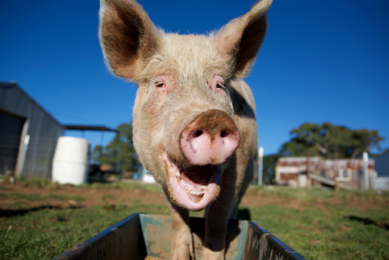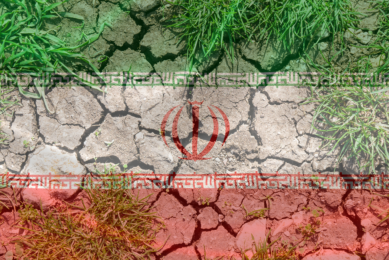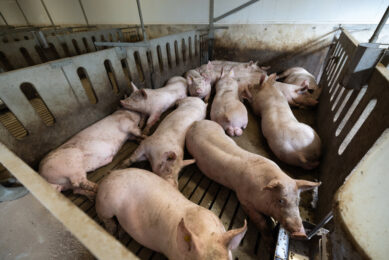Animal nutrition experts tackle environmental challenges
Scientists and industry representatives from around the world met at the University of New England this week for the University’s biennial Recent Advances in Animal Nutrition – Australia conference.
Coming from about a dozen countries, including Iran, Egypt, Malaysia, the Philippines, India, China, Fiji, the Netherlands, Singapore and the US, they discussed ways of improving the nutritional efficiency of animal production while reducing its impact on the environment.
Feed conversion efficiency
“In the past, feed conversion efficiency has been pursued mainly because of the related cost benefits,” Organising committee chair Dr Cronjé said. “Now, however, the emphasis is shifting to its environmental benefits in reducing emissions and effluent.
“It is evident that improvement of feed conversion efficiency has risen to the top of the contemporary research agenda and the contributions to this conference show that the livestock industry is eminently capable of increasing the supply of animal products without harming the environment notwithstanding the dwindling availability of feed grains.”
Methane reduction
Another major theme of this year’s conference was feed additives in animal nutrition – in the interests of production efficiency, food quality, and the reduction of emissions. One paper dealt with the use of garlic oil in the diet of lactating buffaloes to reduce methane emissions.
“A range of natural products, including essential oils, is gaining favour in reducing emissions,” Dr Cronjé said.
“Ruminants produce methane, which has implications for global warming,” said Dr Hink Perdok from the global feed company Provimi Holding, who travelled from The Netherlands to the conference. “By nutritional means we can solve that problem.”











